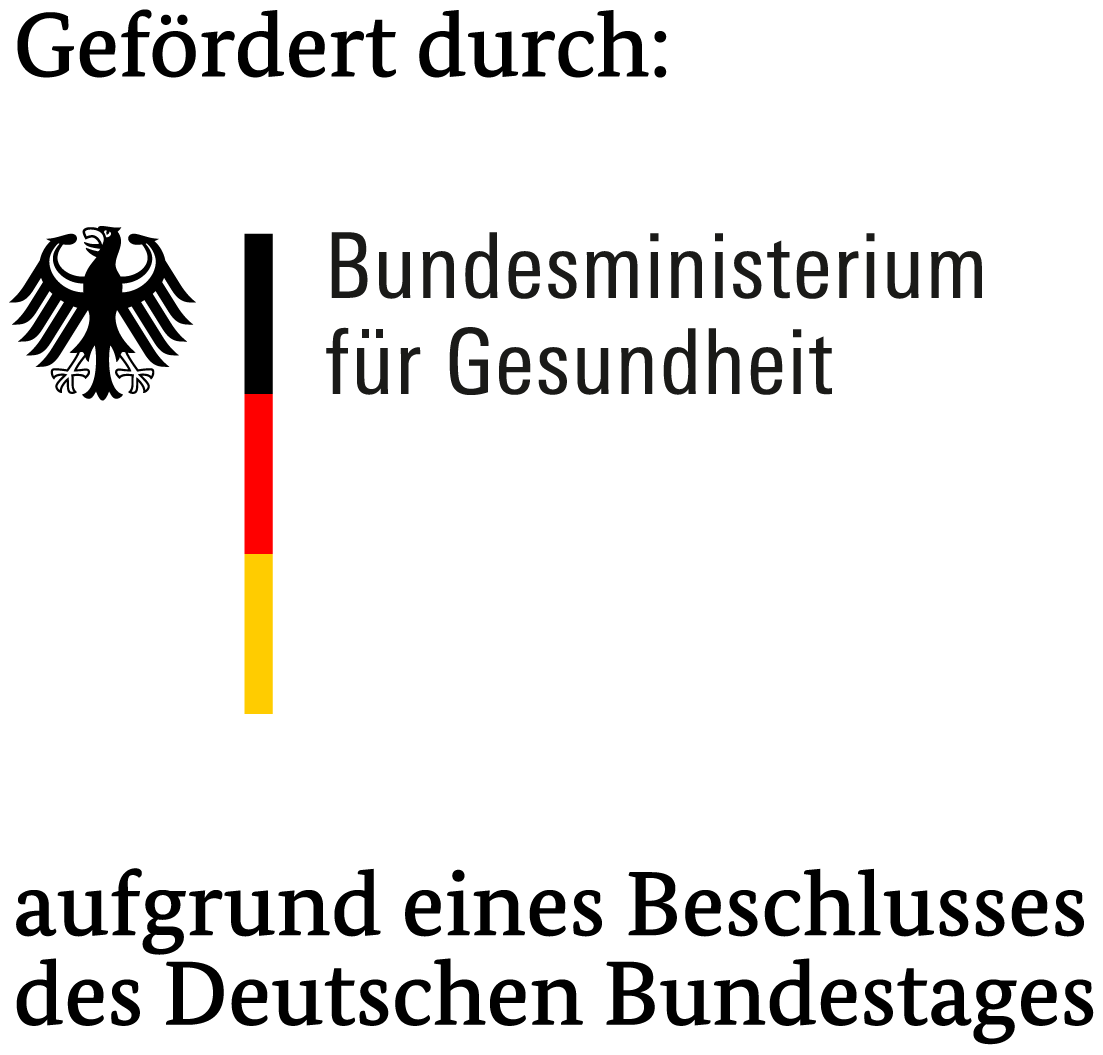Pabst, A., Kraus, L., Piontek, D., Müller, S., Demmel, R.
Direct and indirect effects of alcohol expectancies on alcohol-related problems2014
Psychology of Addictive Behaviors, 28 (1), 20-30
This study investigates pathways from alcohol outcome expectancies to alcohol-related problems (ARPs), considering alcohol volume and episodic heavy drinking (EHD) as potential mediators. It is further examined whether these pathways vary by age. The population-based sample comprised 6,823 individuals aged 18 to 64 years reporting alcohol use in the past year. Direct and indirect effects of five alcohol expectancies (social assertiveness, tension reduction, sexual enhancement, cognitive impairment, aggression) and alcohol use (average daily intake, EHD) on a latent measure of ARPs (six items of the Alcohol Use Disorders Identification Test) were investigated. A multiple-group structural equation model with three age groups (18 to 24, 25 to 44, 45 to 64 years) was examined. In individuals aged 18 to 24 years, social assertiveness expectancies were positively associated with average intake and EHD, which in turn were associated with more ARPs. In addition, expectancies related to cognitive impairment and aggression were directly linked to more ARPs without mediation in this age group. In individuals aged 25 years and older, tension reduction expectancies were associated with more ARPs through increased average intake. In contrast, high scores on cognitive impairment were associated with lower average intake and in turn with fewer ARPs. Challenging expectancies of sociability in young and expectancies of relaxation in mid adulthood might help decrease high-risk drinking and subsequently ARPs. Considering negative alcohol expectancies may help to identify younger individuals at high risk for ARPs, even if they have not previously exhibited repeated excessive drinking.

IFT Institut für Therapieforschung
Leopoldstraße 175
80804 München
Tel. +49 89 360804-0
Fax +49 89 360804-19
Email: ift@ift.de